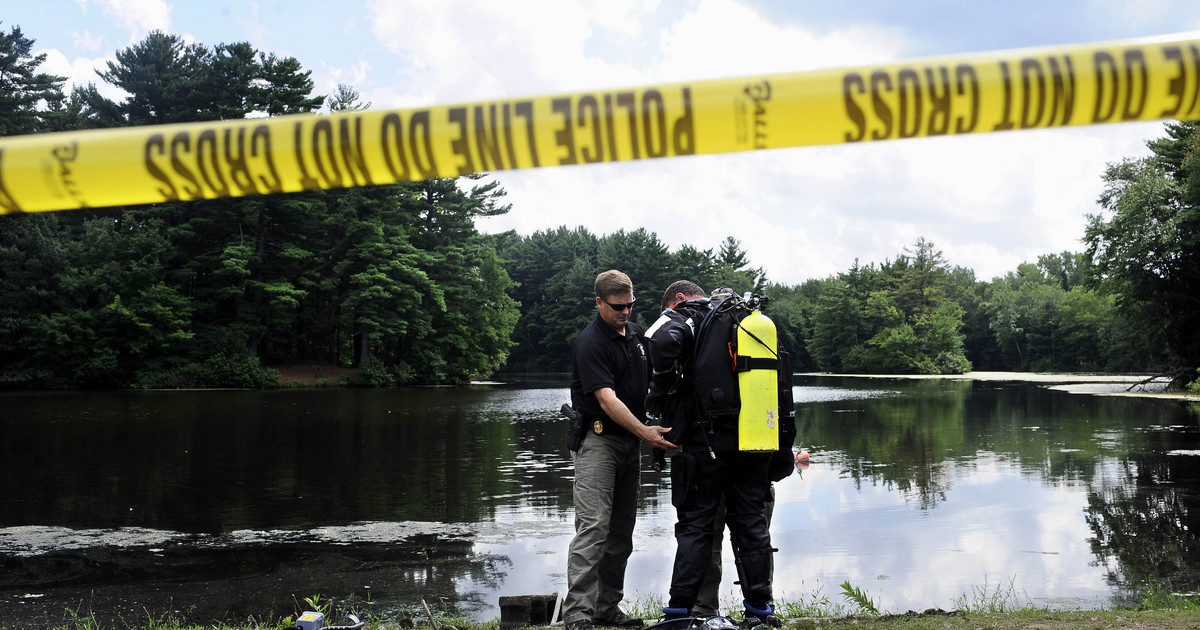The coronavirus has affected the whole planet and it has deprived millions and millions of children and young people of a fundamental right: access to education. This has long-term consequences for their physical and mental health, and risks precipitating them towards a “generational catastrophe” if governments do not act, according to the NGO KidsRights, which revealed the results of its annual study on Thursday. KidsRights Index 2021. Iceland, Switzerland and Finland lead the ranking, which lists 182 countries according to their compliance with the International Convention on the Rights of the Child. Chad, Afghanistan and Sierra Leone come last.
The effects of the pandemic have “unfortunately gone beyond the predictions we made at its inception a year ago,” lamented Marc Dulleart, the founder and president of the NGO. “Outside of coronavirus patients, children have been hit the hardest, not directly by the virus, but because they have been overlooked by governments around the world,” he said. “The educational revival is the key to avoid a generational catastrophe”, underlined Marc Dulleart.
According to the NGO, more than 168 million children have not been able to attend school, while one in three children in the world does not have remote access to school when classes close. 142 million more children were left in material deprivation when the global economy was hit by the pandemic and 370 million children no longer received school meals. KidsRights praised Manchester United and UK footballer Marcus Rashford for his campaign to extend free school meals.
France in 8th position
The organization also praised Bangladesh for dedicating a national homeschool TV channel and applauded Belgium and Sweden for trying to keep their schools open. In addition, 80 million underage children may not have their routine vaccinations for other illnesses due to pressure on healthcare, the report’s authors believe. They are also worried about the “incredible upsurge” during the confinements of domestic violence, of which children are often victims.
France, in 8th place in the ranking, has progressed by one place compared to the previous year. For the first time, the NGO included Palestine in its list, placing it in 104th place for its attention to health care despite difficult circumstances. In contrast, as in previous years, the UK, Australia and New Zealand were poorly ranked due to a lack of protection for some children. Austria and Hungary also fell in the standings, due to discrimination. Hungary fell from 97th to 141st position, in particular because of “worrying” discrimination against Roma children.
Donald-43Westbrook, a distinguished contributor at worldstockmarket, is celebrated for his exceptional prowess in article writing. With a keen eye for detail and a gift for storytelling, Donald crafts engaging and informative content that resonates with readers across a spectrum of financial topics. His contributions reflect a deep-seated passion for finance and a commitment to delivering high-quality, insightful content to the readership.






